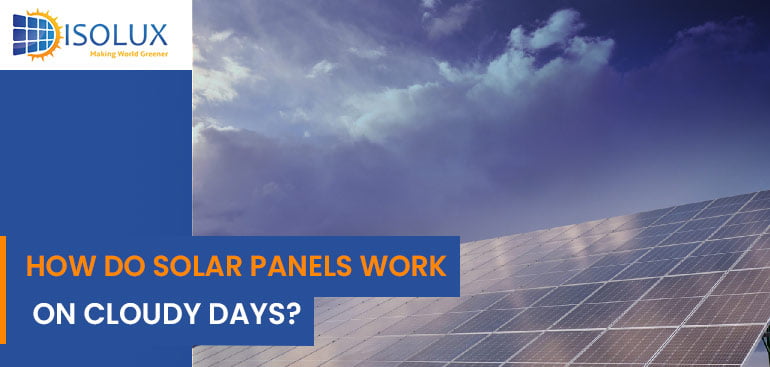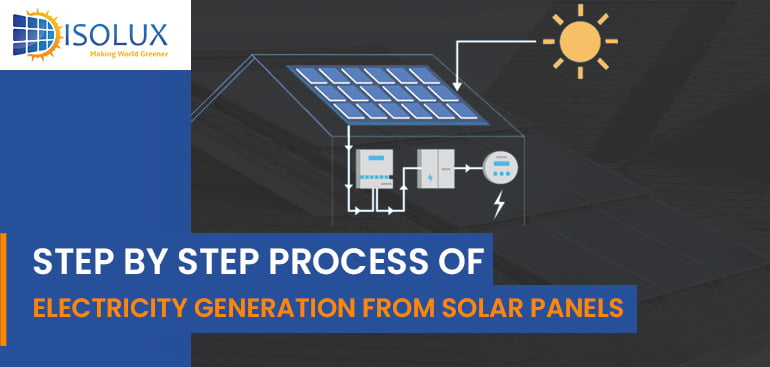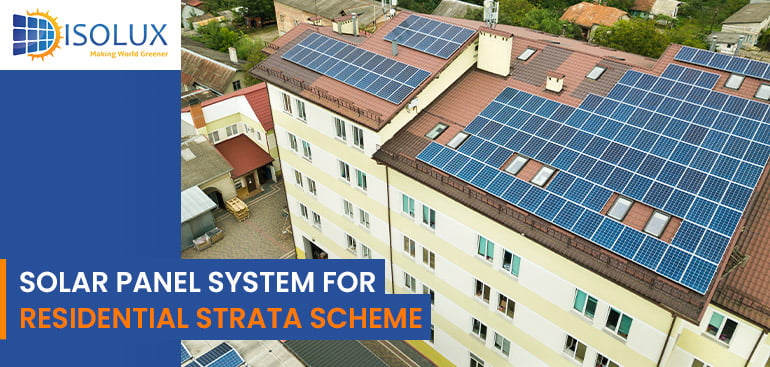Solar panel uses direct sunlight to generate power. But many homeowners are often concerned about whether solar panels work in cloudy weather or low sun exposure.
In simple words, Yes, solar panel system works on cloudy days. The efficiency of solar panels reduces during cloudy days and rainy days as compared to sunny days.
During rainy days, the rain helps to clean the solar panels naturally by washing away the dust and keeping them functioning efficiently.
Solar panel installations have become quite popular worldwide due to the benefits offered by solar energy as an alternate source of energy. Nearly one-third of Australian households already have solar panels installed. According to the Clean Energy Council (CEC), more than 3 million installed rooftop solar panel systems in Australia.
Edge-Of-Cloud-Effect
It is a natural phenomenon named Edge-Of-Cloud-Effect. When clouds start to cover the Sun and emerge from behind clouds, that causes a sudden burst of solar energy on a solar panel that produces more power temporarily than on a sunny day. It helps to balance out the loss of energy during full cloud cover. It is a light refraction that concentrates sunlight when a shadow passes by the edge of the cloud.
Performance During Bad Weather
Fog
Your solar panel system works fine in foggy weather, but the efficiency reduces to 50% during foggy weather conditions.
Rain
Your solar panel system generates power at a lower rate. It produces 10-25% of energy to its rated capacity during rainy days.
Do Cloudy Days Affect the Output of Solar Panels?
It depends upon factors like how dense the cloud is, the efficiency of the solar panel, type of solar panel installed on your home solar panel system. Solar panels generate energy during partial sunlight and infrared radiation, meaning they capture the solar spectrum – the blue and the red wavelengths. Sunlight penetrates the cloud even during heavy rains, which helps your solar system to generate power, though it is not a complete blackout atmosphere. It is the same way that you get sunburned on cloudy days too. The output of solar panels on cloudy days is comparatively lesser when compared to sunny days. On average, the energy output of solar panels can drop about 10-25%.
How Do Solar Panels Generate Electricity?
Solar panels can generate electricity only in direct sunlight. This statement is a myth. In reality, solar panels don’t require direct sunlight to generate electricity.
PV panel uses direct or indirect sunlight to generate energy. Solar panels consist of solar cells, which absorb photons and convert them into electricity. This energy or electricity is transferred to the inverter. It gets converted to alternating current (AC) power. Most of our home appliances work on AC power. The excess power generated by the solar panels is either stored in a solar battery or sent back to the electricity grid. The excess solar power generated by solar panels during the day is exported to the utility grid, and you get paid in the form of credit that accumulates in your account.
Are you planning for solar panel installation?
Connect with an expert at Isolux to discuss your requirements.
Isolux Solar is a trusted name for solar panel installation in Sydney. Get a free quote now!




